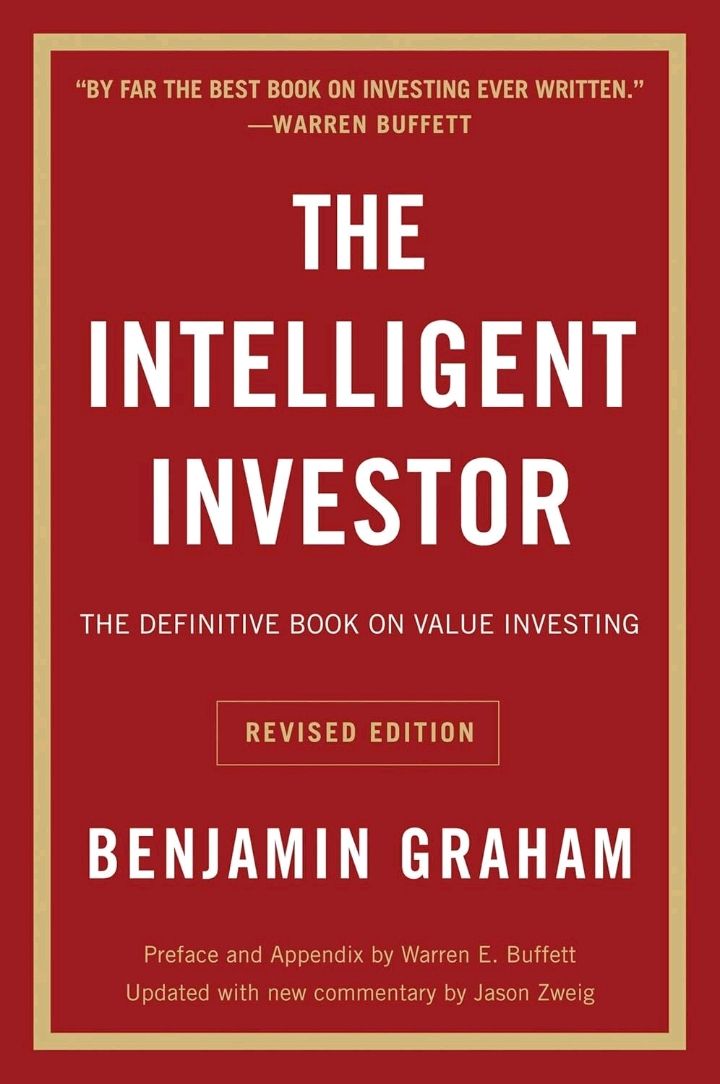Selfattribution bias makes investors attribute successes to their own skill rather than luck from "summary" of The Little Book of Behavioral Investing by James Montier
Self-attribution bias is a common psychological quirk that affects how investors perceive their own successes. When investors experience a positive outcome, such as a profitable trade or investment, they are inclined to attribute that success to their own skill and decision-making abilities. This bias leads investors to believe that their success was a result of their own actions and choices, rather than external factors like luck or market conditions. By attributing success to their own skill, investors may develop an inflated sense of confidence in their abilities. This overconfidence can be dangerous, as it may lead investors to take on more risk than they can handle or make risky investment decisions based on faulty assumptions about their own abilities. In reality, luck often plays a significant role in investment outcomes, and failing to recognize this can lead to costly mistakes. Investors who fall victim to self-attribution bias may be more likely to engage in risky behavior or ignore warning signs that could indicate a looming downturn. By attributing their successes solely to their own skill, investors may fail to learn important lessons from their experiences and may be less prepared to handle future challenges in the market.- Self-attribution bias can have a negative impact on investors' overall performance and decision-making abilities. By recognizing this bias and making an effort to separate luck from skill in their investment outcomes, investors can make more informed and rational decisions that are less influenced by their own biases and assumptions.
Similar Posts
The financial crisis of 2008 highlighted the fragility of the global financial system
The financial crisis of 2008 was a wake-up call for the global financial system, exposing its underlying vulnerabilities and fr...
Avoid market timing and chase performance
Timing the market is notoriously difficult, and investors who try to do so often end up worse off than if they had simply staye...
Persuasion involves changing someone's attitudes or beliefs through communication
Persuasion is a complex process that involves the alteration of individuals' attitudes or beliefs by means of communication. Th...

Understanding your values can guide financial choices
Understanding your values is crucial in making sound financial decisions. Your values serve as a compass that guides you toward...
Market crashes are inevitable
Market crashes are inevitable. This might sound like a bold statement, but history has shown us time and time again that this i...

Adapt your investment strategy to changing economic conditions
In the face of constantly shifting economic conditions, it is imperative for investors to be flexible and adaptable in their in...
Recognizing our blind spots allows us to see the bigger picture
In order to truly grasp the complexities of our perceptions and thought processes, it is crucial to acknowledge the existence o...

Be conservative in your estimates when valuing a company
When valuing a company, it is crucial to be conservative in your estimates. This means erring on the side of caution and undere...
Embrace the power of simplicity in decisionmaking
When making decisions, complexity often leads us astray. We overthink, overcomplicate, and end up making poor choices as a resu...
We need to accept the inherent uncertainty and randomness of life
Life is full of unexpected events and unpredictable outcomes. We often try to make sense of these uncertainties by creating nar...

